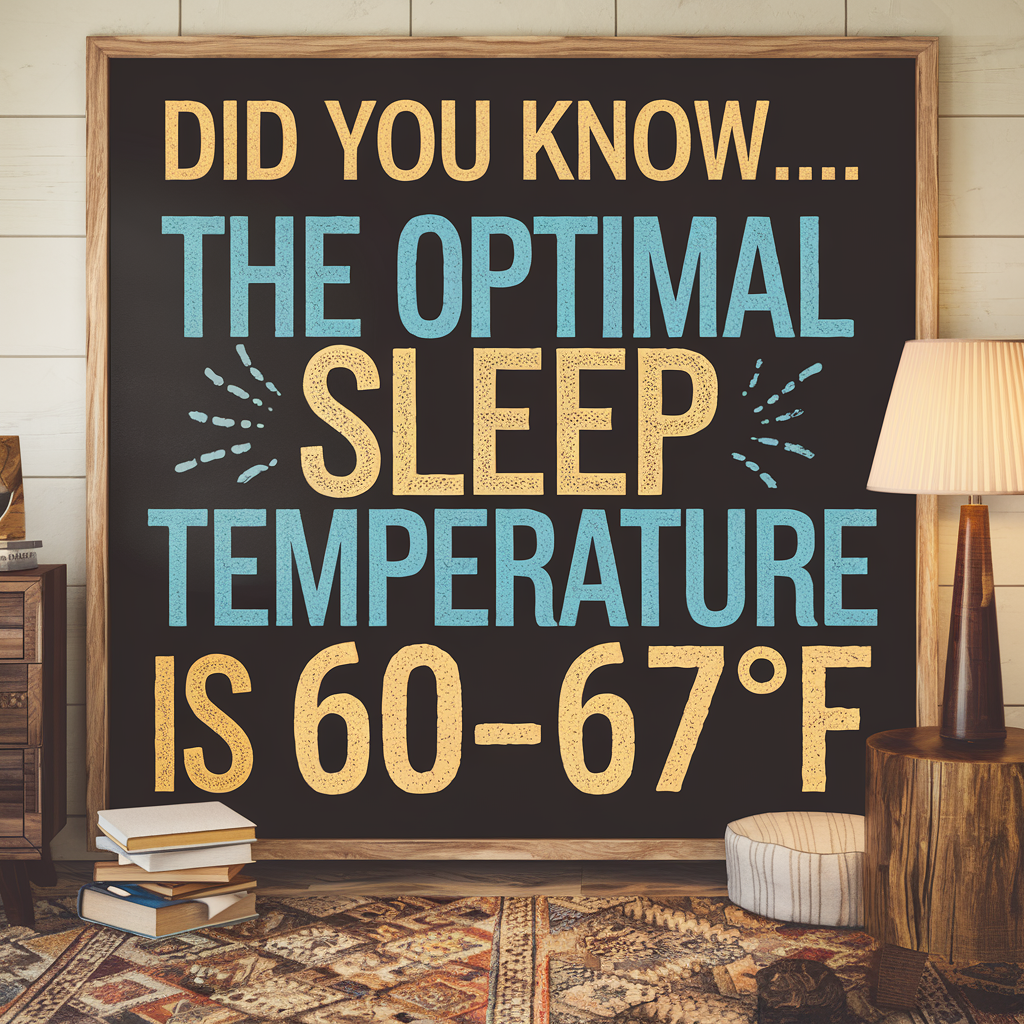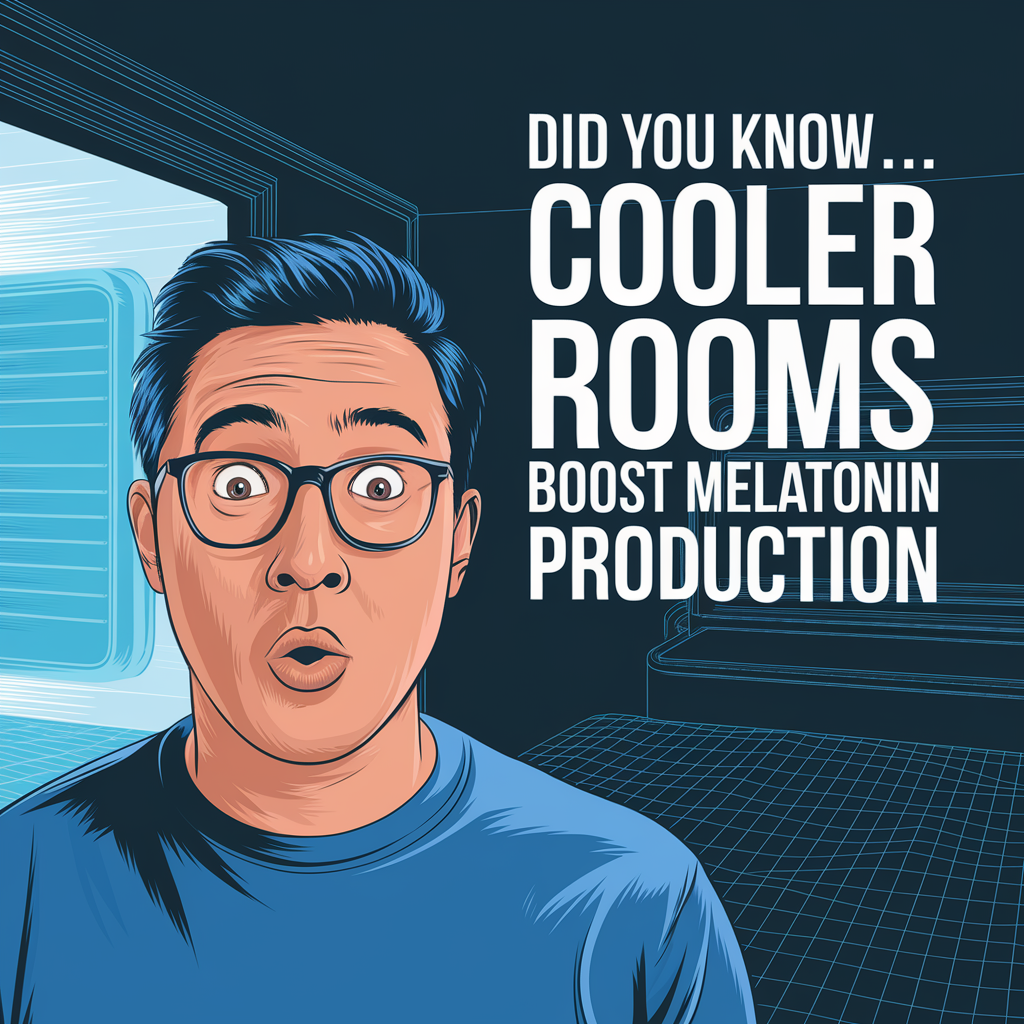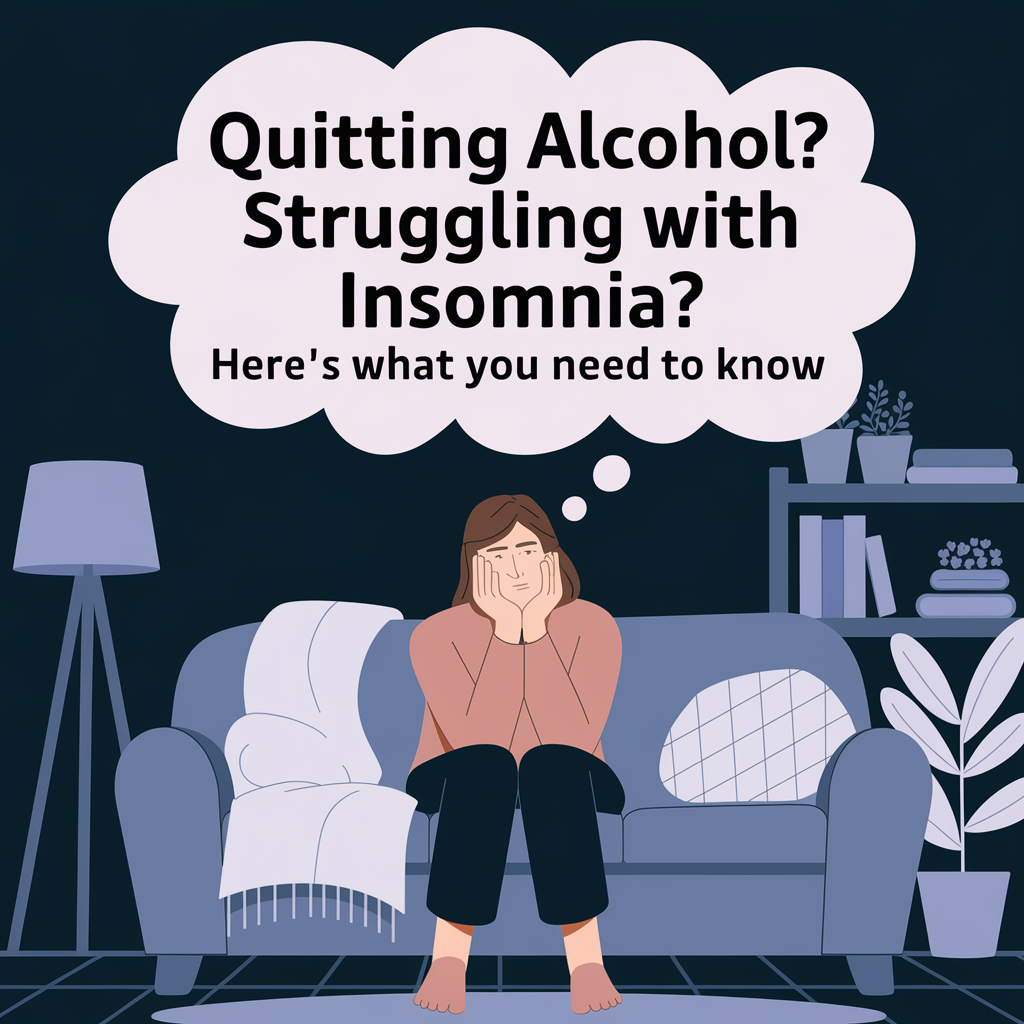
Why Alcohol Withdrawals Insomnia Happens (And Why It’s So Brutal)
Quitting alcohol is one of the best things you can do for your health, but let’s be real—it’s not easy, especially when sleep problems hit. Many people assume giving up alcohol will lead to instant improvements, but alcohol withdrawal insomnia is a harsh reality for many.
Alcohol disrupts your brain’s natural sleep processes over time, making it harder to fall and stay asleep without it. This is why so many people rely on alcohol to “knock them out” at night—but what’s actually happening is more complicated.
How Alcohol Tricks Your Brain Into Depending on It for Sleep
Alcohol acts as a central nervous system depressant, meaning it slows down brain activity and induces drowsiness. But the problem? It suppresses REM sleep, the most restorative sleep stage. Over time, your body learns to depend on alcohol to fall asleep, and when you remove it, your brain struggles to regulate sleep on its own.
Dr. Matthew Walker, a leading neuroscientist and sleep expert, explains that alcohol-induced sleep is not real sleep—it’s sedation. Instead of cycling through the deep, refreshing sleep stages, your brain stays in a light, fragmented sleep that’s easy to wake from. So when you quit drinking, your body goes into sleep withdrawal.
Why Alcohol Withdrawal Insomnia Feels Worse Than Regular Insomnia
Unlike occasional sleepless nights, insomnia from alcohol withdrawal comes with:
✔ Extreme restlessness – You feel wired but exhausted, unable to relax.
✔ Vivid, intense dreams – Your body rebounds into REM overdrive, causing nightmares or lucid dreams.
✔ Frequent wake-ups – You might wake up every 30-60 minutes, unable to stay asleep.
✔ Anxiety spikes – Without alcohol’s sedative effects, anxiety often feels amplified at night.
Many people also experience jerking awake, similar to hypnic jerks (those sudden falling sensations before sleep). If this sounds familiar, check out Why Do I Jerk Awake When Falling Asleep? Causes & How to Stop It—your nervous system is in overdrive, and learning how to calm it down can make a big difference.
So, how long does this withdrawal insomnia last? Let’s break down the timeline next.
Got it! I’ll keep bolding minimal and only where it really makes sense. Here’s the next section.
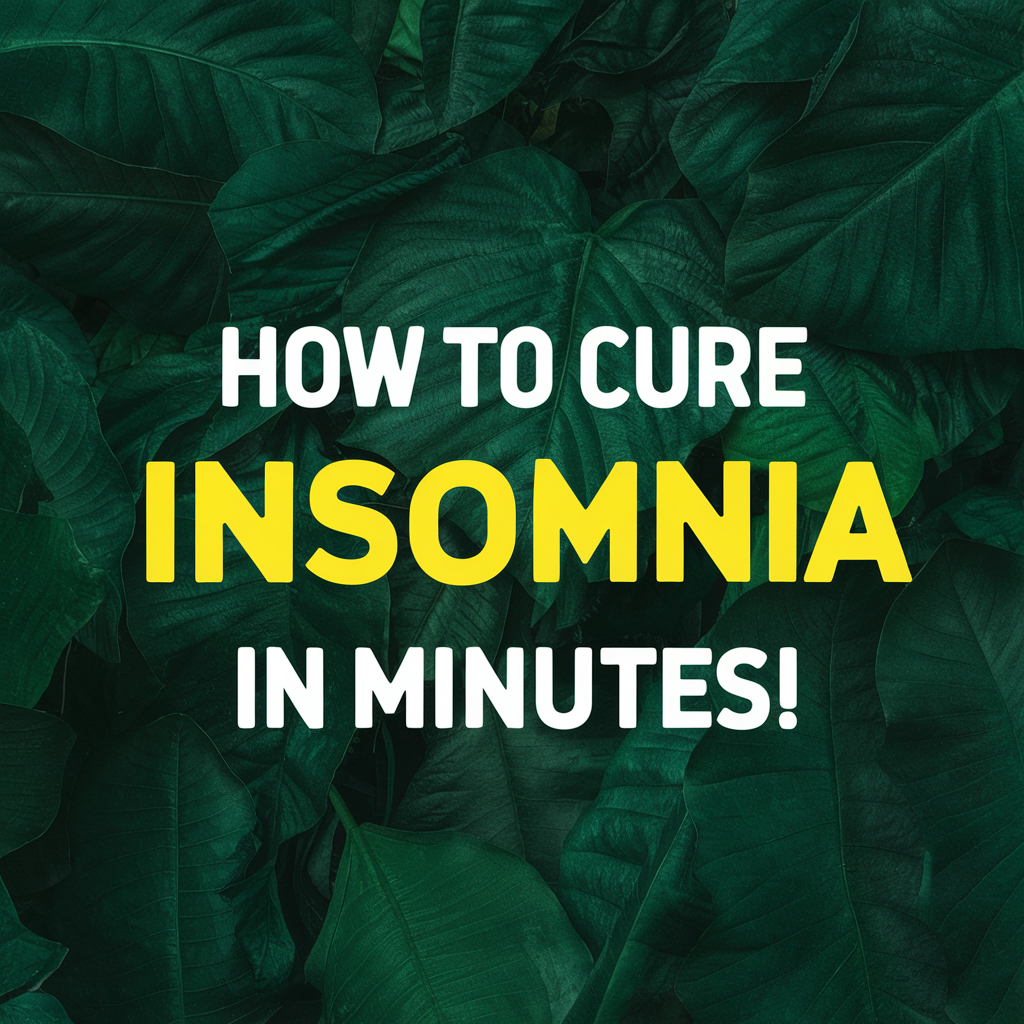
How Long Does Insomnia Last After Stopping Drinking?
One of the most frustrating parts of quitting alcohol is wondering when the sleepless nights will end. The truth is, it depends on several factors, including how long and how much you drank.
The Typical Timeline for Alcohol Withdrawal Insomnia
For most people, sleep disturbances last anywhere from a few days to several weeks. Here’s what you can expect:
- First 24–72 hours – This is when withdrawal symptoms are at their worst. Sleep is extremely disrupted, with frequent wake-ups, sweating, and anxiety.
- Days 3–7 – The worst of the withdrawal symptoms start to fade, but sleep is still poor. Many people experience REM rebound, leading to vivid dreams or nightmares.
- Week 2 – Sleep begins improving, but some people still have trouble falling and staying asleep. Anxiety-driven insomnia is common.
- Weeks 3–4 – Most people see a noticeable improvement in sleep quality. However, those who drank heavily for years may still struggle with post-acute withdrawal syndrome (PAWS), which can cause lingering sleep issues for months.
What Can Prolong Alcohol Withdrawal Insomnia?
- Long-term heavy drinking – The more dependent your body was on alcohol for sleep, the longer it may take to recover.
- High stress or anxiety – If you used alcohol to manage stress, your brain is now adjusting to coping without it.
- Caffeine or sugar intake – Both can make withdrawal-related sleep issues worse.
If you’re struggling to reset your sleep, Say Goodnight to Insomnia and Wake Up Refreshed offers great strategies to speed up recovery and improve sleep naturally.
Next, let’s talk about why quitting alcohol makes it so hard to sleep in the first place.
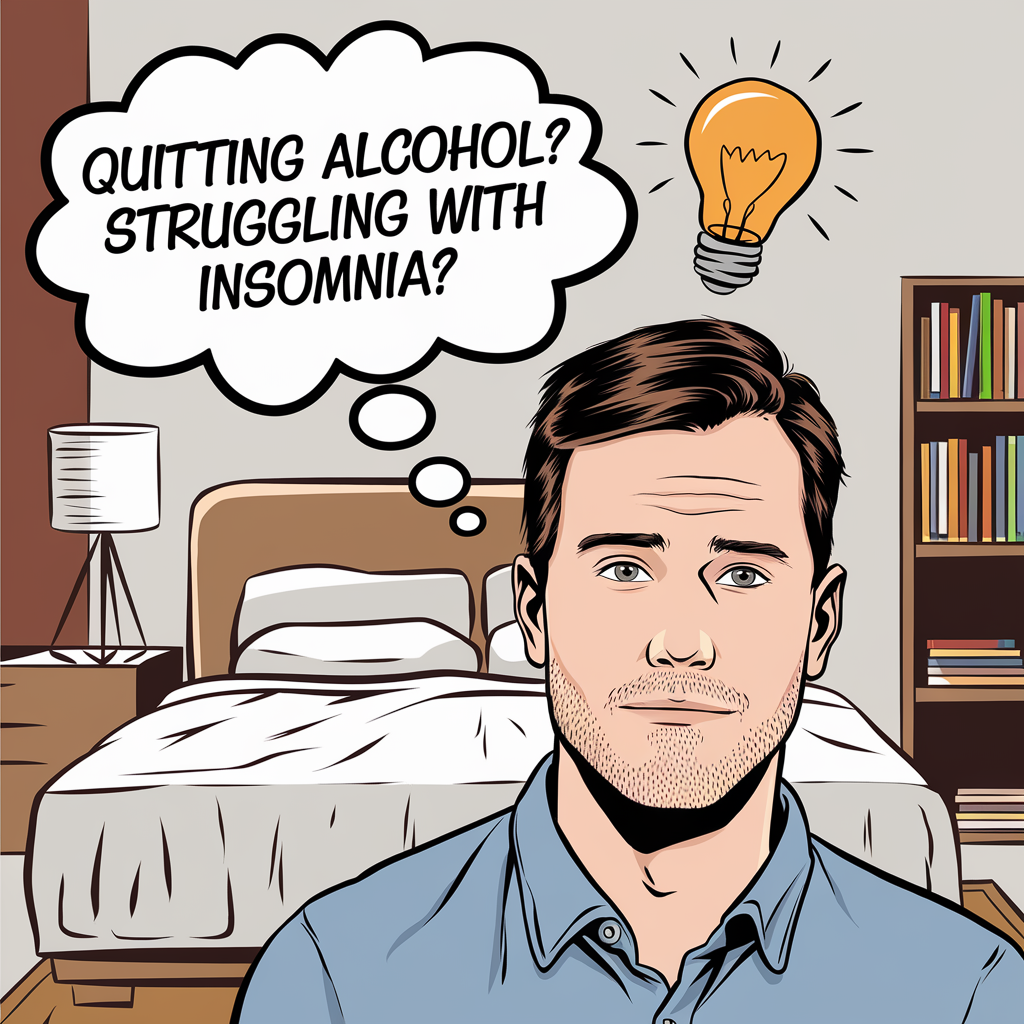
Why Can’t I Sleep If I Don’t Drink Alcohol?
It seems unfair—you quit drinking to feel healthier, but now you can’t sleep at all. This is one of the biggest reasons people relapse. Without alcohol, it feels like your brain just won’t shut off. But there’s a real reason for this.
Alcohol Disrupts Your Natural Sleep Chemistry
Your body relies on melatonin and GABA—two key sleep-regulating chemicals—to help you fall asleep and stay asleep. Alcohol artificially boosts GABA, creating that relaxed, drowsy feeling. But over time, your brain adjusts and produces less of it naturally.
When you quit drinking, your brain suddenly has less GABA and melatonin to work with, making sleep feel impossible. This is why withdrawal insomnia often comes with:
- Racing thoughts or anxiety
- Tossing and turning all night
- Waking up at random times and struggling to fall back asleep
How Long Until Your Sleep Chemicals Regulate?
For most people, GABA and melatonin levels start to return to normal within 2–4 weeks after quitting alcohol. But if you were a heavy drinker for years, it may take longer.
A good way to help your body reset is by establishing a healthy nighttime routine. Check out Quick Fix: How to Cure Insomnia in Just 12 Minutes for simple techniques that can help retrain your brain to sleep naturally.
Next, let’s talk about the hardest day when quitting alcohol and why sleep is often the worst at this point.
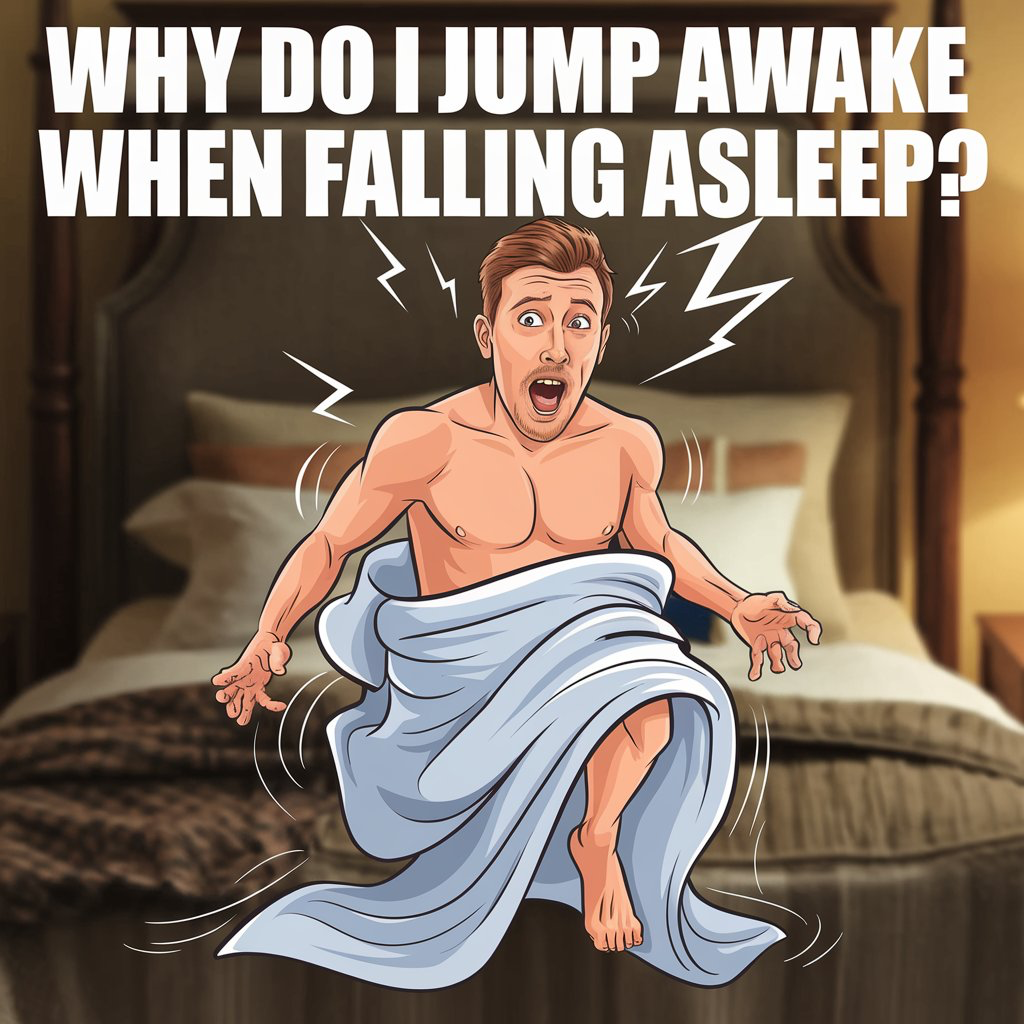
What Is the Hardest Day When You Quit Drinking?
Quitting alcohol isn’t just about willpower—it’s about getting through the roughest days without giving in. And for many people, sleep is one of the biggest challenges in those first few days.
When Withdrawal Symptoms Peak
The worst withdrawal symptoms typically hit between 48–72 hours after your last drink. This is when your body realizes alcohol isn’t coming back, and it starts overcompensating to adjust.
During this time, many people experience:
- Severe insomnia—barely sleeping at all, despite exhaustion
- Intense night sweats and restlessness
- Racing heart and anxiety spikes
- Vivid nightmares or unsettling dreams
For some, withdrawal symptoms start improving after day four, but for others, sleep problems can persist for weeks.
Why Sleep is the Biggest Challenge
Alcohol withdrawal messes with your nervous system, making your brain overactive at night. Even if your body is exhausted, your brain won’t shut down. This is why many people feel like they’ve developed full-blown insomnia overnight.
If you’re in the middle of this stage and struggling, know that it does get better. If sleep deprivation is pushing you toward relapse, consider reaching out for support. The SAMHSA National Helpline offers confidential help for anyone struggling with alcohol withdrawal.
Now, let’s talk about a common issue many people experience—even if they’re still drinking—waking up at 3 AM after drinking alcohol.
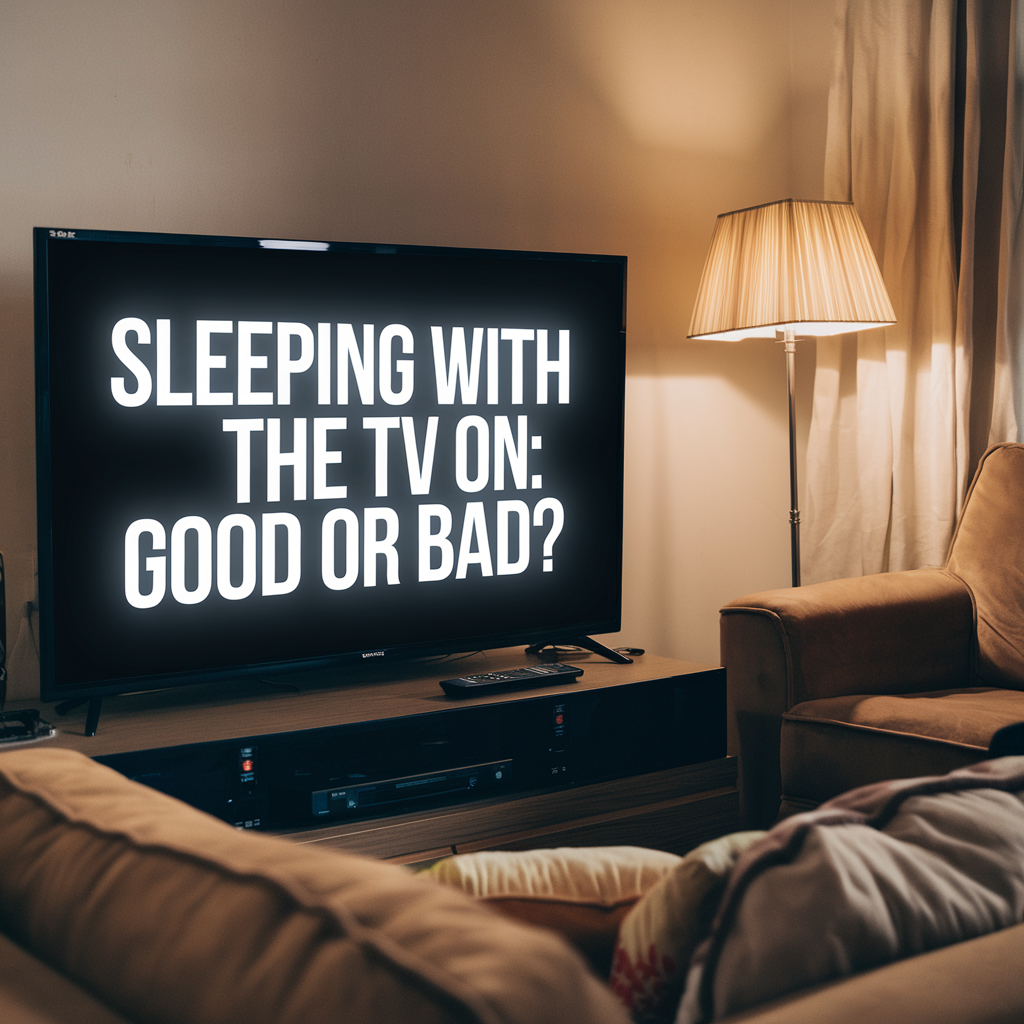
Why Do I Wake Up at 3 AM After Drinking?
Ever notice that after a night of drinking, you pass out quickly but wake up in the middle of the night, wide awake? It’s not a coincidence. Alcohol has a rebound effect that disrupts your sleep cycle, especially in the early morning hours.
How Alcohol Tricks You Into Thinking It Helps Sleep
At first, alcohol knocks you out fast by slowing down brain activity. This makes it seem like it’s helping you sleep. But as your body metabolizes the alcohol, things change.
Around 3–4 hours after drinking, your body shifts into withdrawal mode, leading to:
✔ A surge in cortisol (stress hormone), making you feel alert
✔ Increased heart rate and body temperature
✔ A drop in blood sugar, causing restlessness and sometimes hunger
✔ REM sleep rebound, which can lead to vivid, intense dreams or nightmares
Why This Gets Worse After Quitting Alcohol
If you’ve been drinking regularly, your body expects alcohol to help regulate sleep. When you quit, you still wake up at 3 AM because your body hasn’t relearned how to maintain stable sleep cycles on its own yet.
One of the best ways to stabilize your sleep after quitting alcohol is by supporting your adrenal system, which controls cortisol levels. Why Adrenal Fatigue Causes Insomnia and How to Fix It offers tips on balancing your body’s natural rhythms for better sleep.
Next, let’s go deeper into how alcohol withdrawal directly affects sleep and why it takes time to recover.
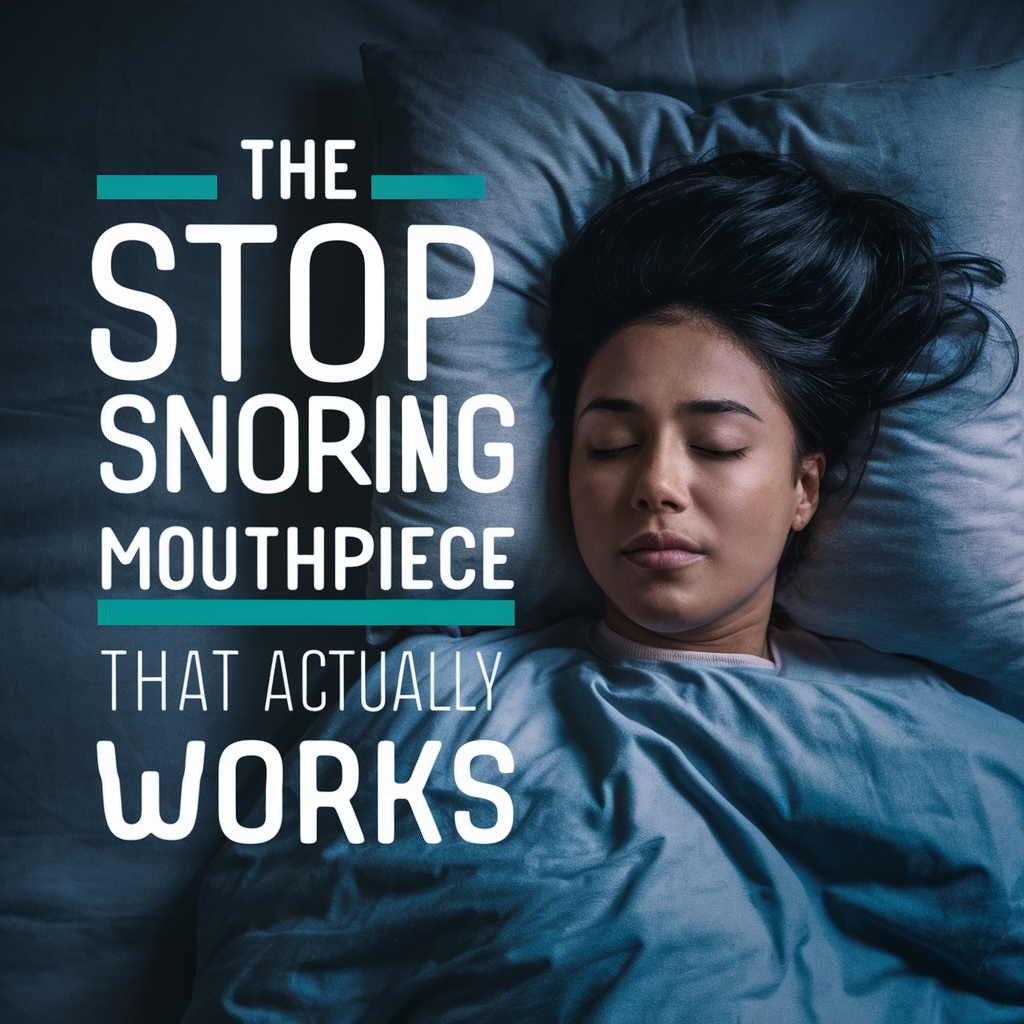
Does Alcohol Withdrawal Cause Insomnia? What Science Says
Yes, alcohol withdrawal absolutely causes insomnia, and science backs it up. Your body doesn’t just miss the alcohol—it has to relearn how to sleep naturally after relying on alcohol as a sedative for so long.
How Alcohol Withdrawal Disrupts Sleep Patterns
When you quit drinking, your brain goes through a massive chemical shift. Alcohol has been suppressing your REM sleep and slowing down brain activity. Without it, your nervous system goes into overdrive, leading to:
✔ Delayed sleep onset – You toss and turn for hours before falling asleep.
✔ Fragmented sleep – You wake up constantly throughout the night.
✔ REM rebound – Dreams become more intense, sometimes even nightmares.
✔ Increased sleep latency – It takes much longer to reach deep, restorative sleep.
Studies show that sleep disturbances can last weeks to months after quitting alcohol, especially for long-term drinkers. However, as your brain chemistry stabilizes, natural sleep cycles return.
What About People Who Were Light Drinkers?
Even if you weren’t drinking heavily, quitting alcohol can still temporarily throw off your sleep. If you used alcohol occasionally to wind down, your body still has to adjust to new sleep patterns without it.
How Long Until Sleep Returns to Normal?
For most people, normal sleep cycles return within 3–4 weeks. However, those with a history of heavy drinking may experience lingering insomnia for several months due to Post-Acute Withdrawal Syndrome (PAWS).
If sleep struggles continue long-term, check out The Ultimate Guide to Overcoming Sleep Issues: Tips and Products for proven solutions to rebuild healthy sleep habits.
Next, let’s focus on how to get better sleep during alcohol withdrawal and what actually helps.
How to Get Better Sleep During Alcohol Withdrawal
Insomnia during alcohol withdrawal can feel endless, but there are ways to make it easier. While it takes time for your body to adjust, the right habits and techniques can speed up the process.
1. Stick to a Consistent Sleep Schedule
Your body thrives on routine, and after quitting alcohol, your internal clock needs stability. Going to bed and waking up at the same time every day helps reset your circadian rhythm.
✔ Aim for 7–9 hours of sleep, even if you wake up during the night.
✔ Avoid naps longer than 30 minutes, which can make nighttime sleep harder.
✔ Be patient—it may take a few weeks for your body to adjust.
2. Support Your Brain’s Natural Sleep Chemistry
Since alcohol withdrawal messes with melatonin and GABA levels, consider boosting them naturally:
✔ Magnesium and L-theanine help calm the nervous system.
✔ Melatonin (low doses, 0.5–1 mg) can aid sleep but shouldn’t be relied on long-term.
✔ Herbal teas like chamomile or valerian root support relaxation before bed.
3. Cut Out Caffeine and Sugar (Especially in the Evening)
Caffeine lingers in your system for hours, and sugar can cause spikes in blood sugar that lead to nighttime wakeups. If you’re struggling with sleep, try:
✔ No caffeine after 2 PM (or earlier if you’re sensitive).
✔ Avoiding heavy, sugary meals close to bedtime.
✔ Drinking plenty of water to stay hydrated without overloading on stimulants.
4. Create the Right Sleep Environment
Your bedroom should be a sleep sanctuary, not a stress zone. Alcohol withdrawal already makes sleep fragile, so setting up a calming atmosphere is key:
✔ Keep the room cool (65–70°F)—cooler temperatures help you fall asleep faster.
✔ Use blackout curtains to eliminate light disturbances.
✔ Try a white noise machine to block out background noise.
Some people use the TV as background noise to fall asleep. If that’s you, read Sleeping With the TV On: Good or Bad for Your Brain? to see if it’s helping or hurting your sleep.
5. Manage Anxiety and Nighttime Restlessness
Anxiety is a huge part of alcohol withdrawal insomnia, making it harder to fall asleep. If your mind races at night:
✔ Practice deep breathing—inhale for 4 seconds, hold for 7, exhale for 8.
✔ Try guided meditation apps like Calm or Headspace.
✔ Journal your thoughts before bed to clear your mind.
If your sleep still feels out of control, check out Quick Fix: How to Cure Insomnia in Just 12 Minutes for rapid techniques to calm your nervous system.
Now, let’s talk about long-term sleep recovery and what to expect after a month of sobriety.
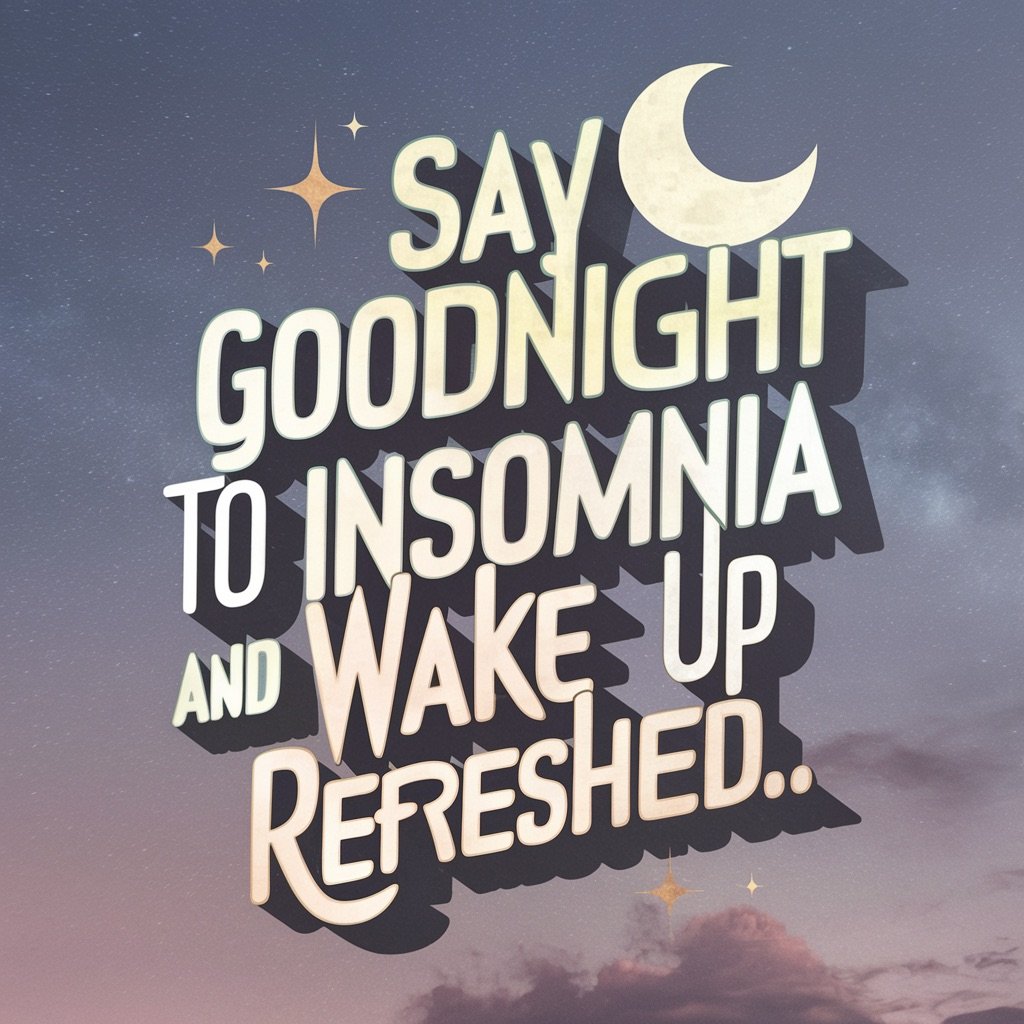
Long-Term Sleep Recovery: What to Expect After a Month of Sobriety
The first few weeks after quitting alcohol are rough on sleep, but most people notice major improvements after a month. Your body starts to rebalance its sleep cycles, and insomnia becomes less severe. However, some lingering issues may still pop up.
Week 4 and Beyond: How Sleep Improves Over Time
Here’s what typically happens after a month alcohol-free:
✔ Falling asleep becomes easier – Your brain is producing normal amounts of melatonin and GABA again.
✔ Less tossing and turning – Sleep becomes more stable, with fewer middle-of-the-night wake-ups.
✔ More energy during the day – You wake up feeling more rested compared to when alcohol was in your system.
✔ Vivid dreams start fading – The REM rebound effect settles down.
Why Some People Still Struggle With Sleep After Quitting Alcohol
For some, sleep doesn’t fully recover in four weeks. Factors that can prolong insomnia include:
- History of heavy drinking – Long-term drinkers may experience sleep disturbances for months.
- High stress or anxiety levels – Alcohol was a coping mechanism, and your body is adjusting to managing stress naturally.
- Poor sleep habits – If you relied on alcohol for sleep, you may need to retrain your body with a solid nighttime routine.
If sleep problems persist, it might be worth checking for underlying sleep disorders like sleep apnea. Many ex-drinkers develop sleep apnea-like symptoms post-withdrawal, so don’t ignore ongoing sleep troubles. How Sleep Apnea Can Kill You and What Happens If You Ignore It breaks down what to look for.
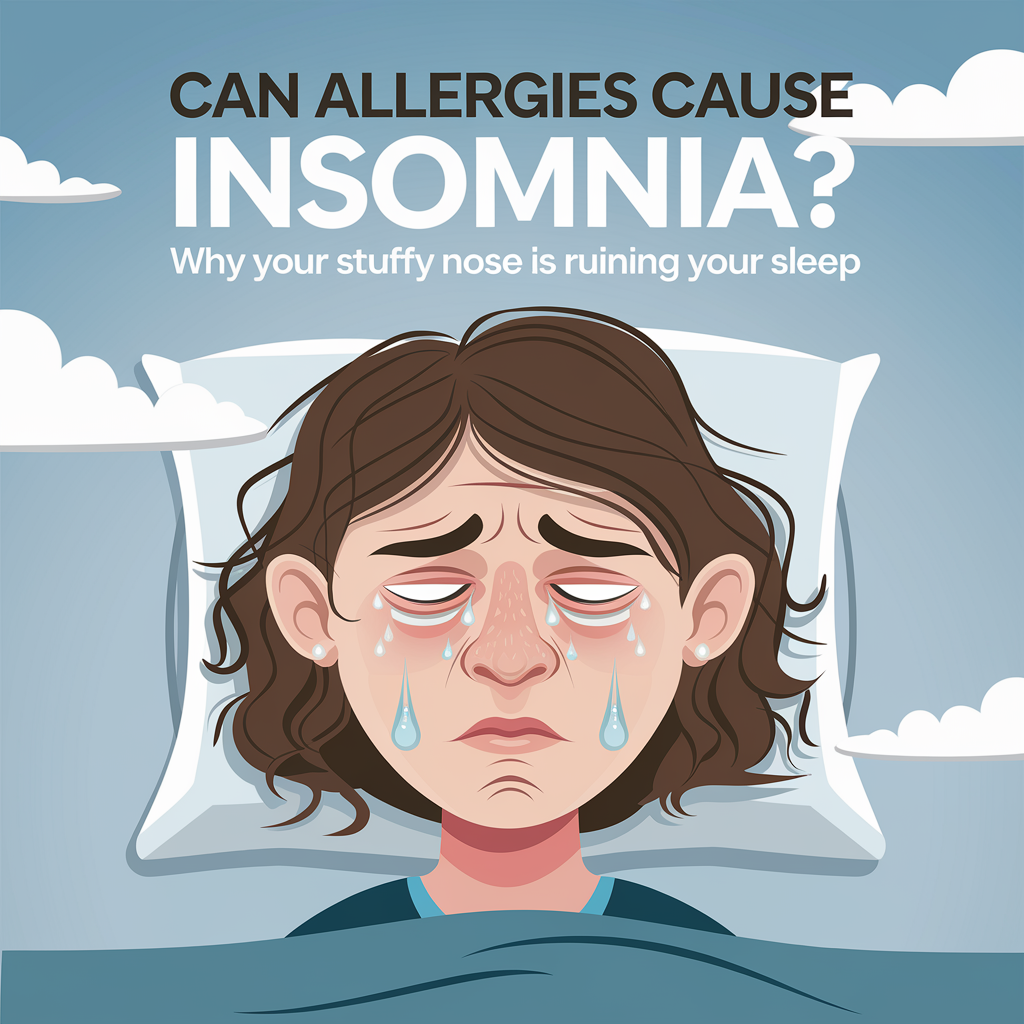
Final Thoughts
Alcohol withdrawal insomnia is tough, but it doesn’t last forever. The key is giving your body time to heal, supporting your sleep with the right habits, and staying consistent with a healthy routine.
If you’re still struggling, check out The Ultimate Guide to Overcoming Sleep Issues for more expert-backed solutions.
Over time, your body will adjust, and you’ll experience deeper, more restorative sleep than ever before—without alcohol.
As an Amazon Associate we earn from qualifying purchases through some links in our articles.
